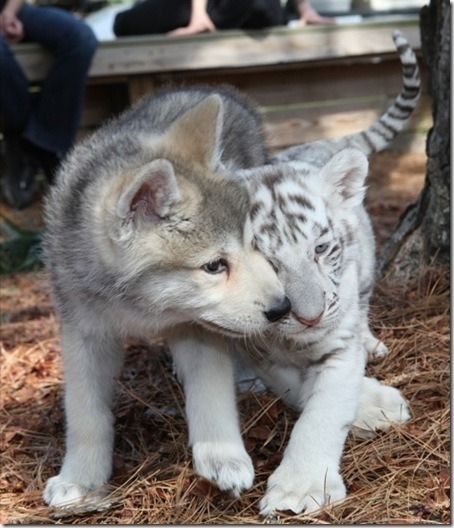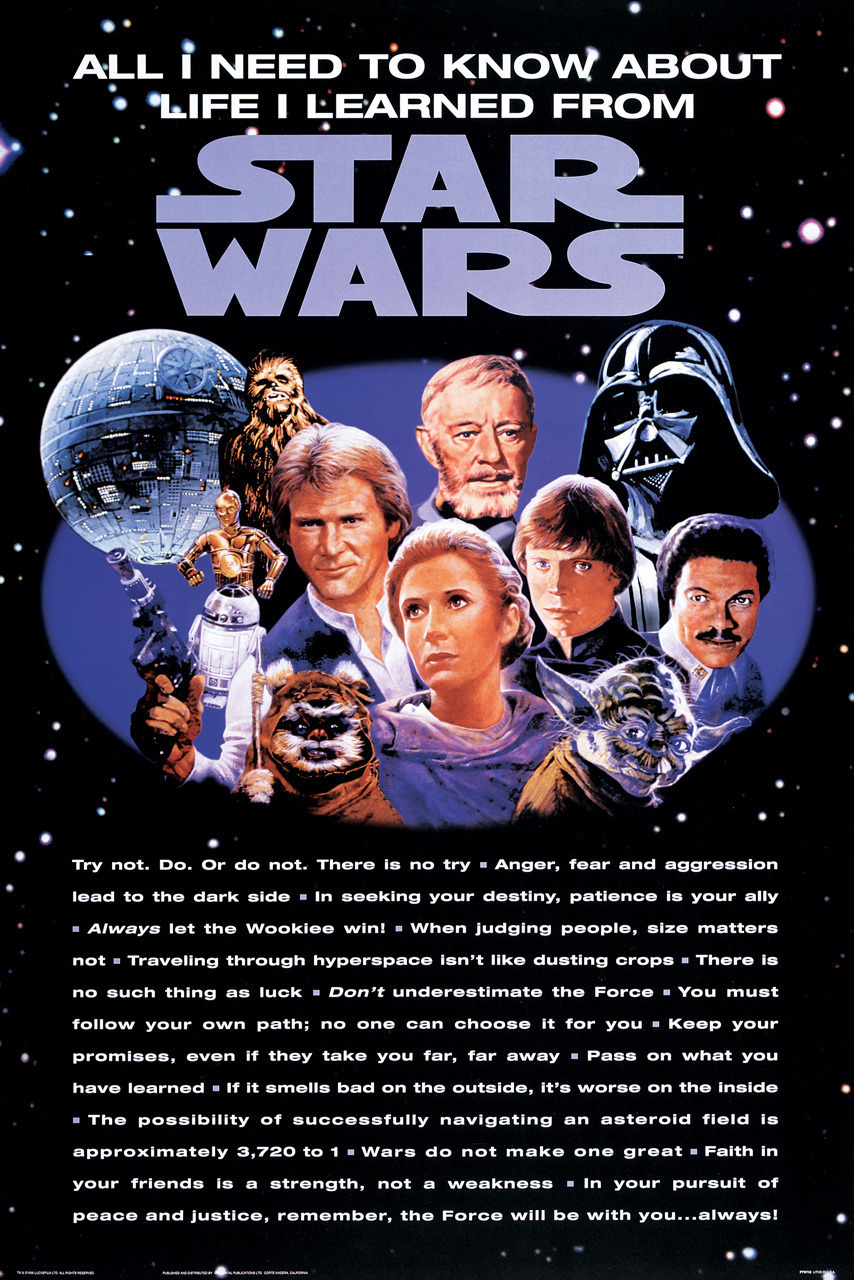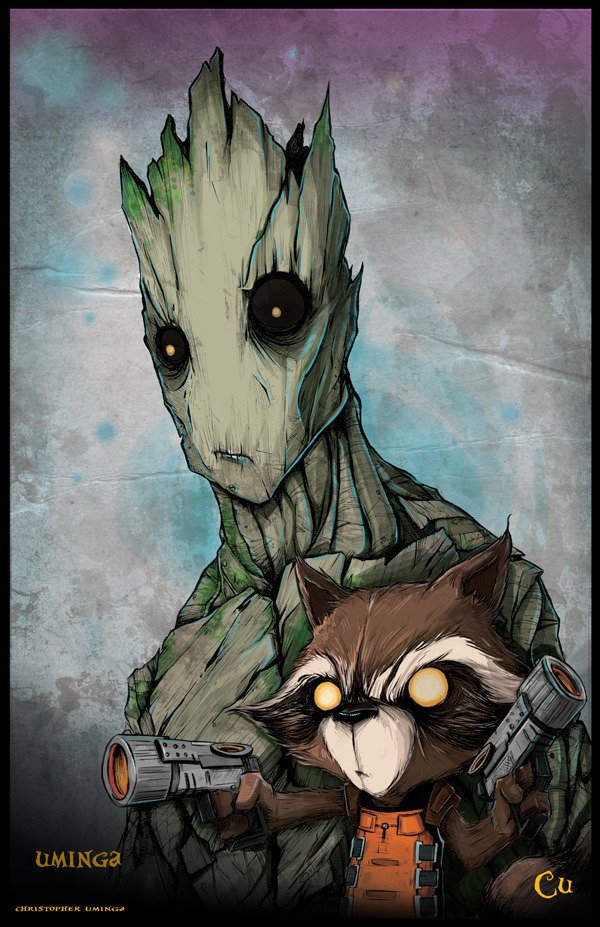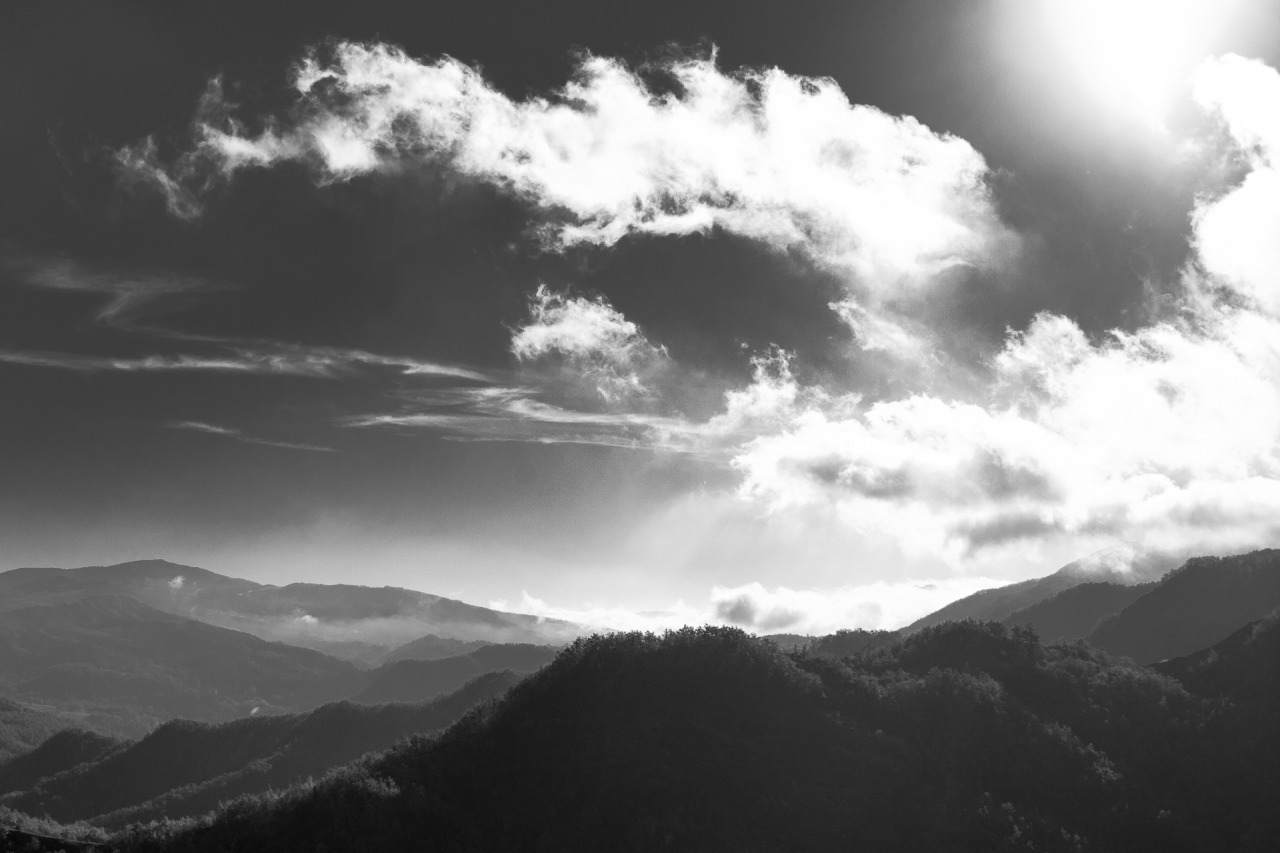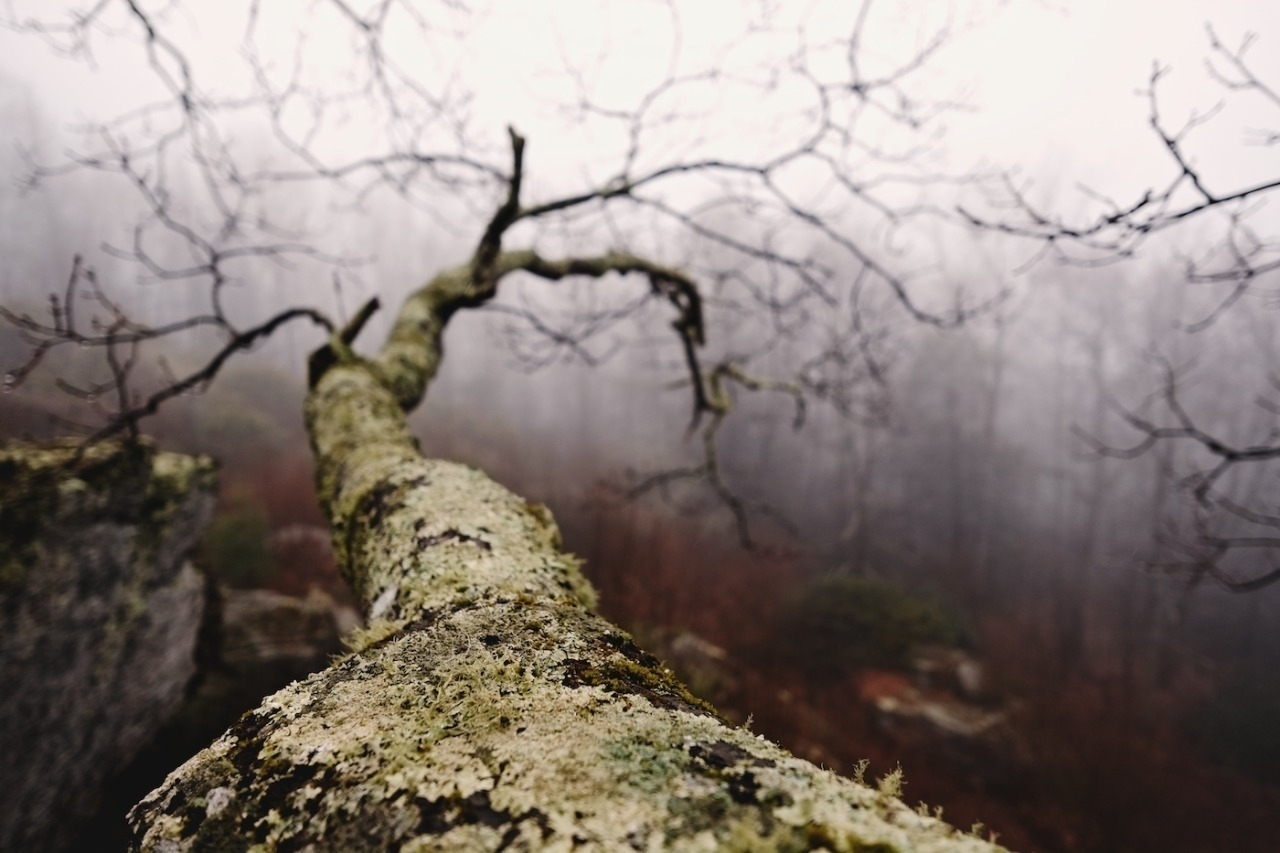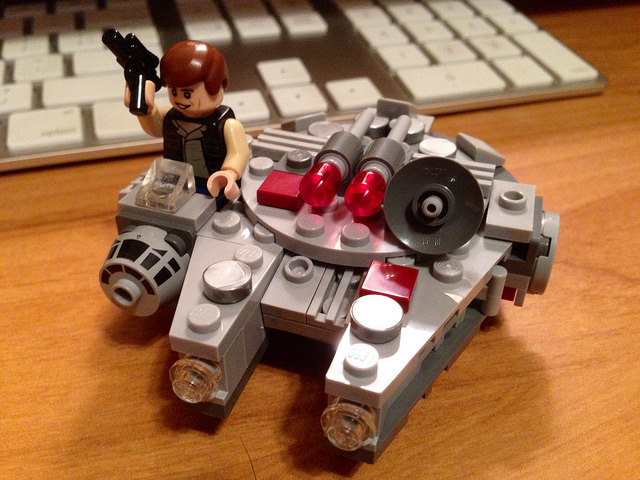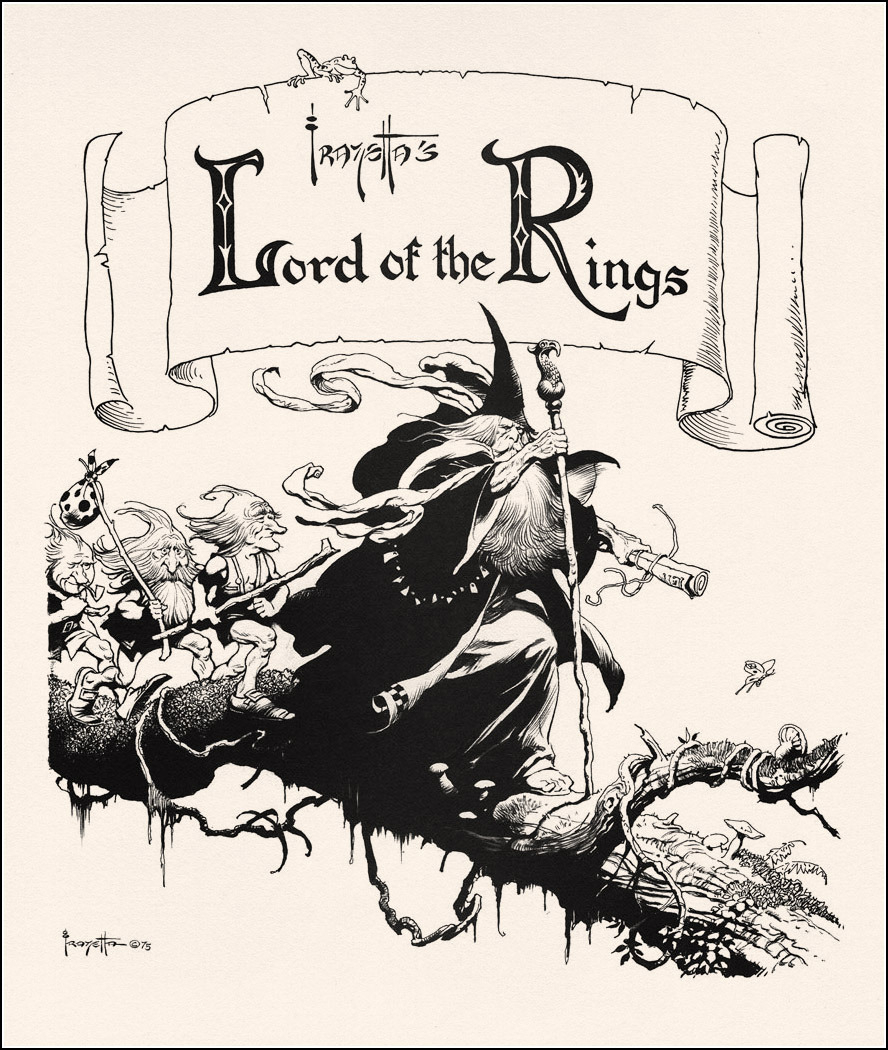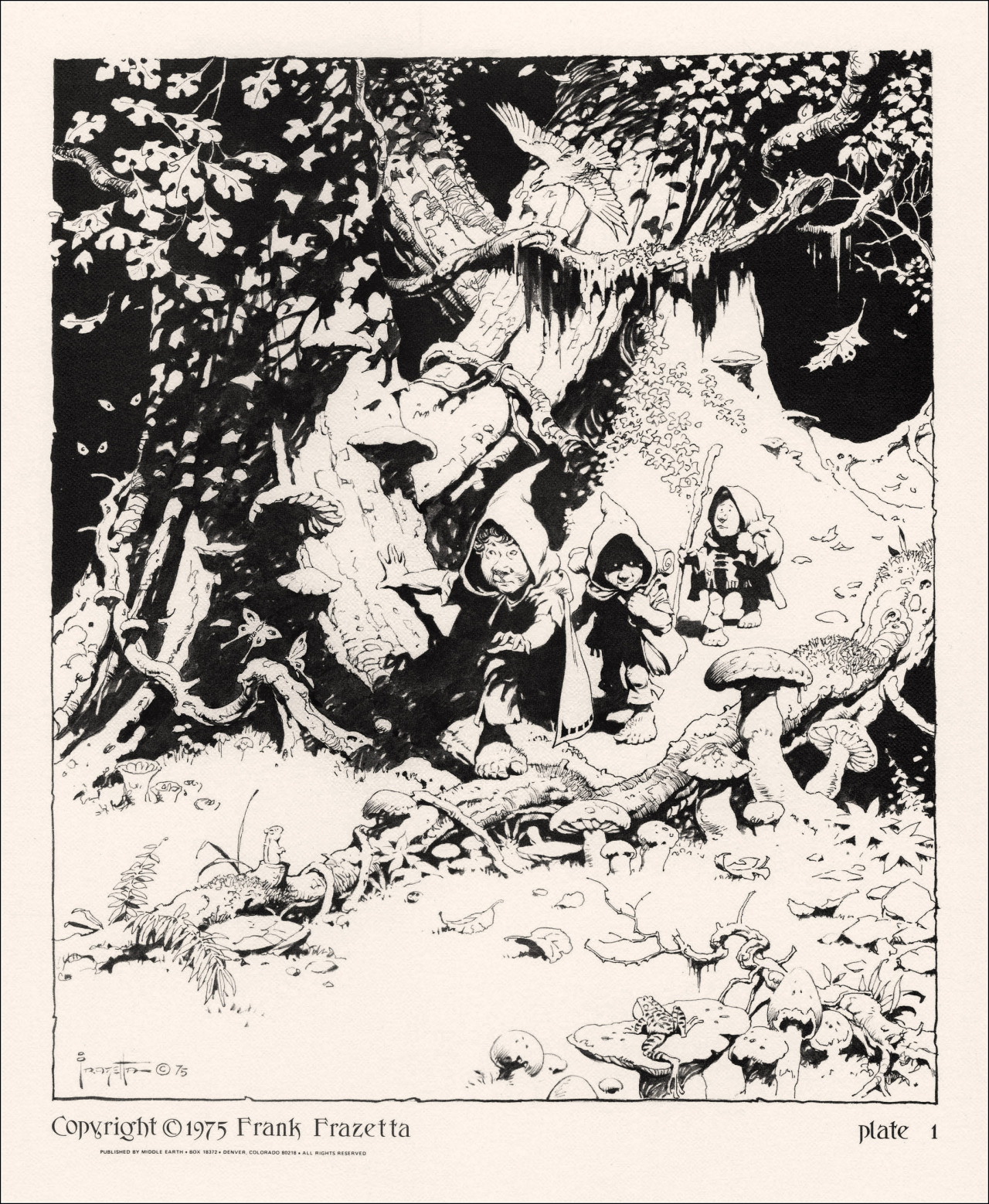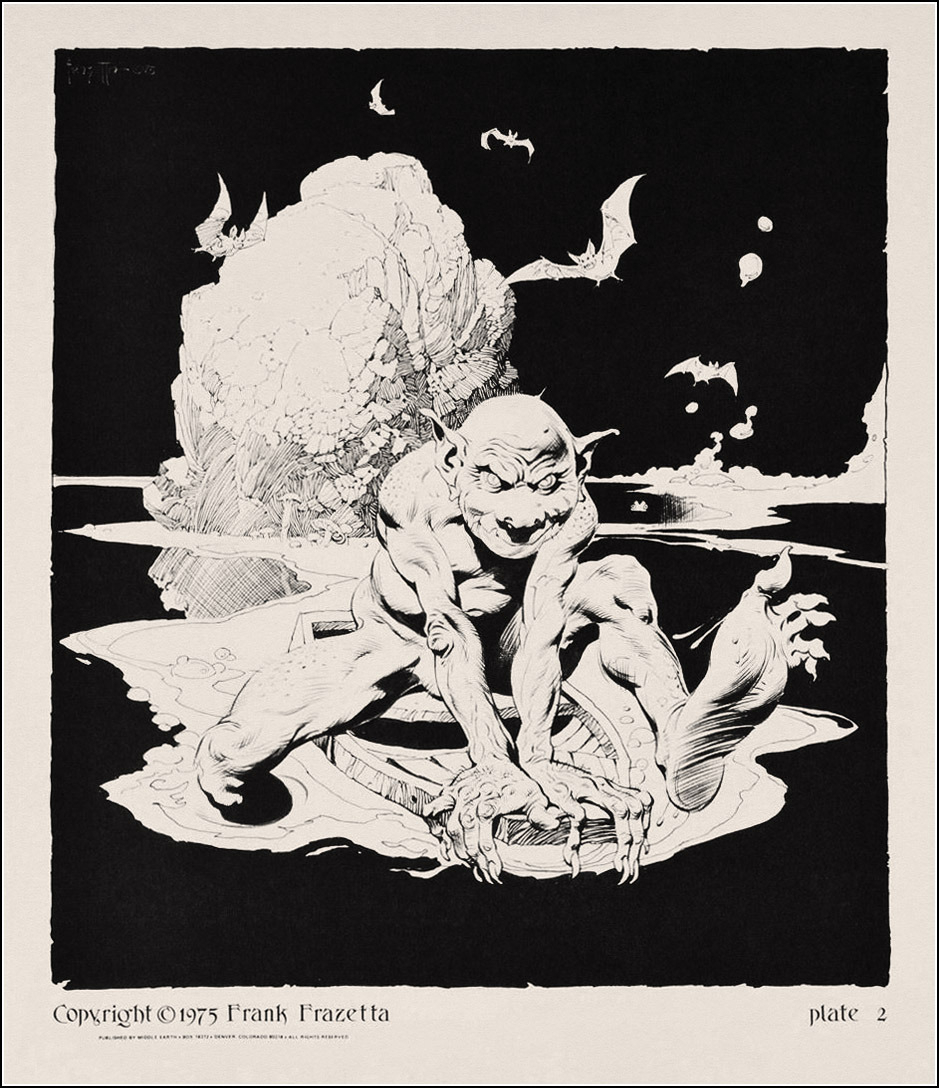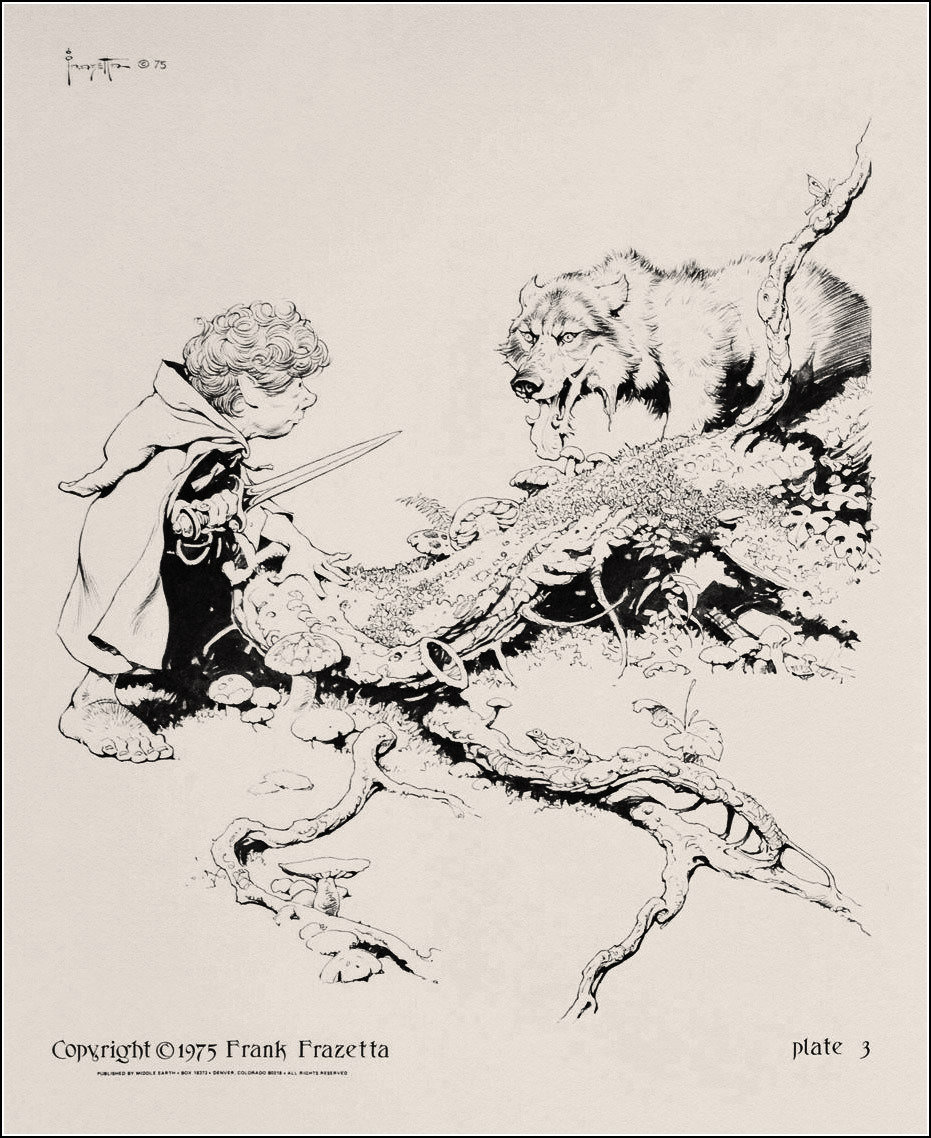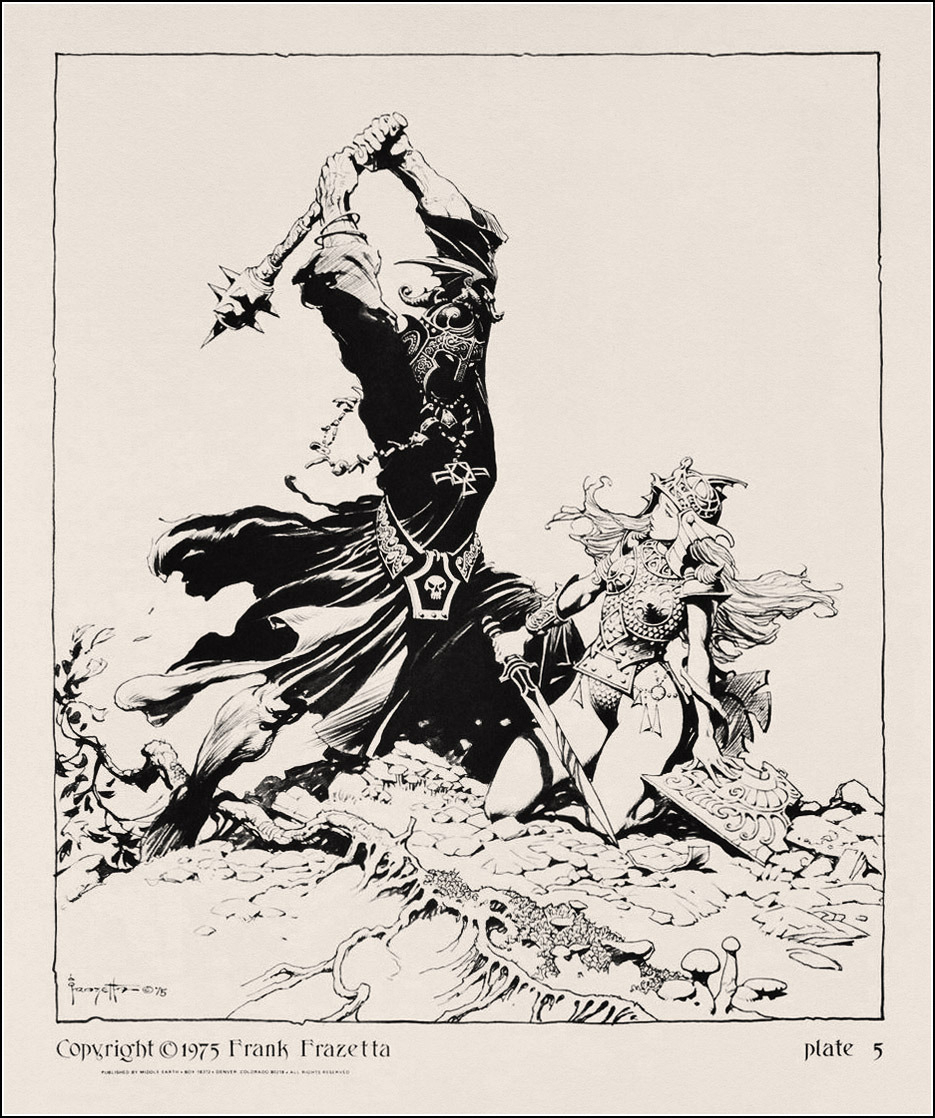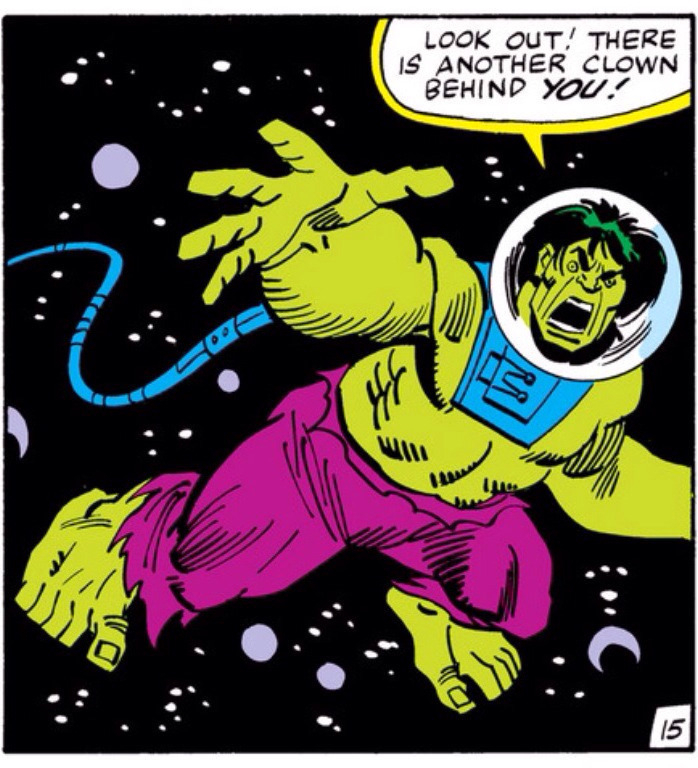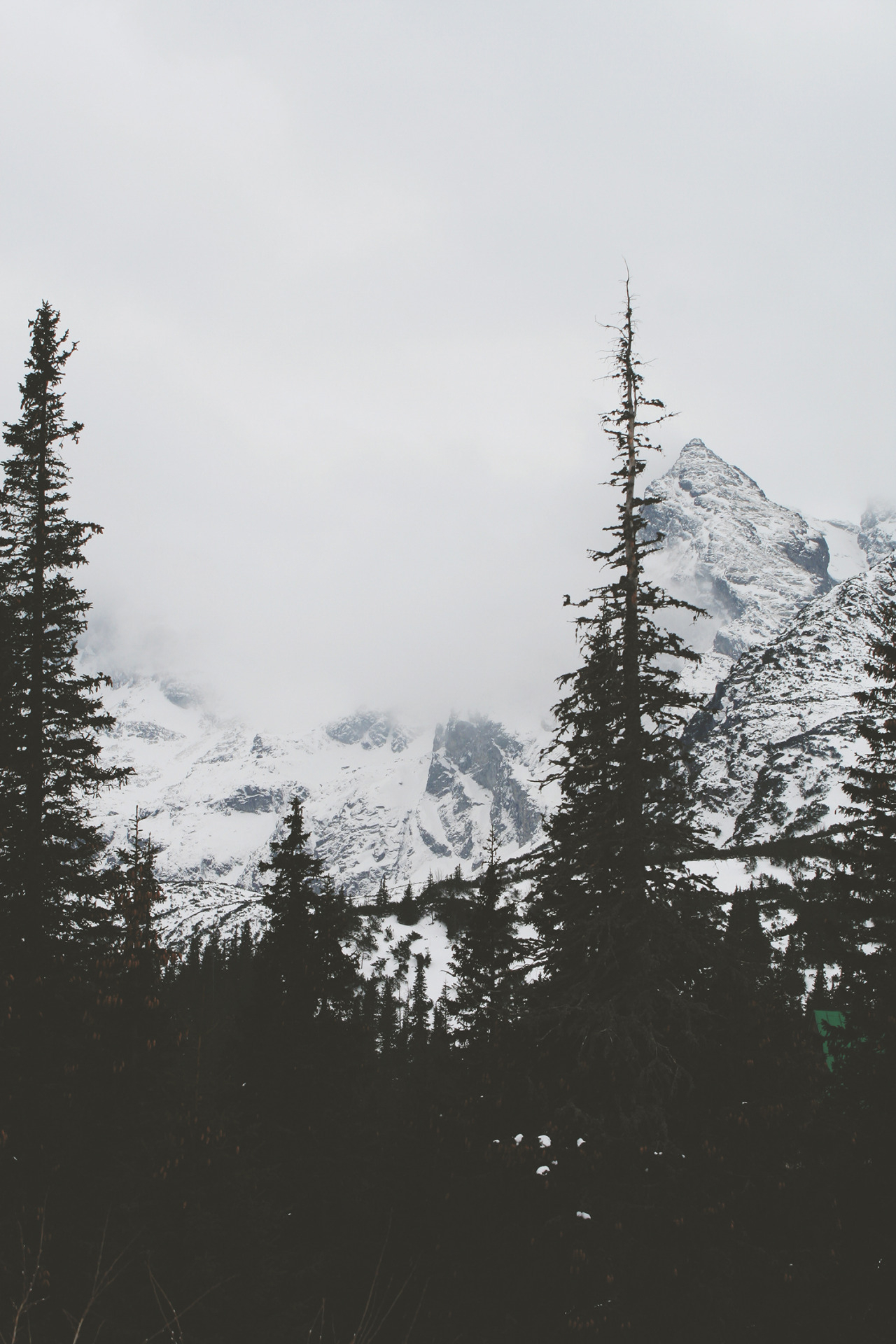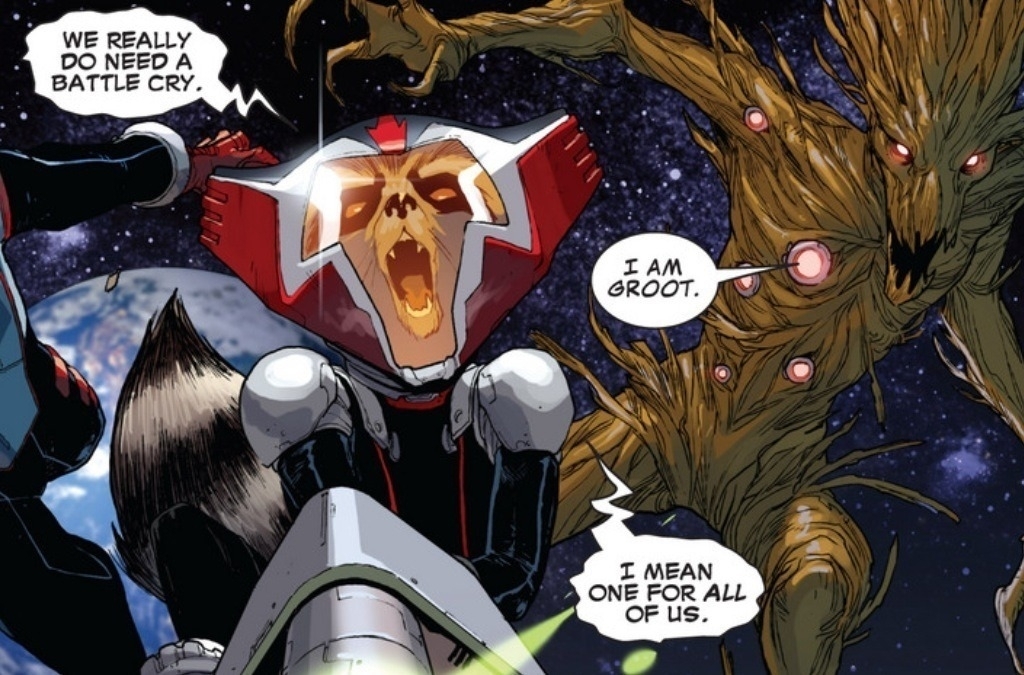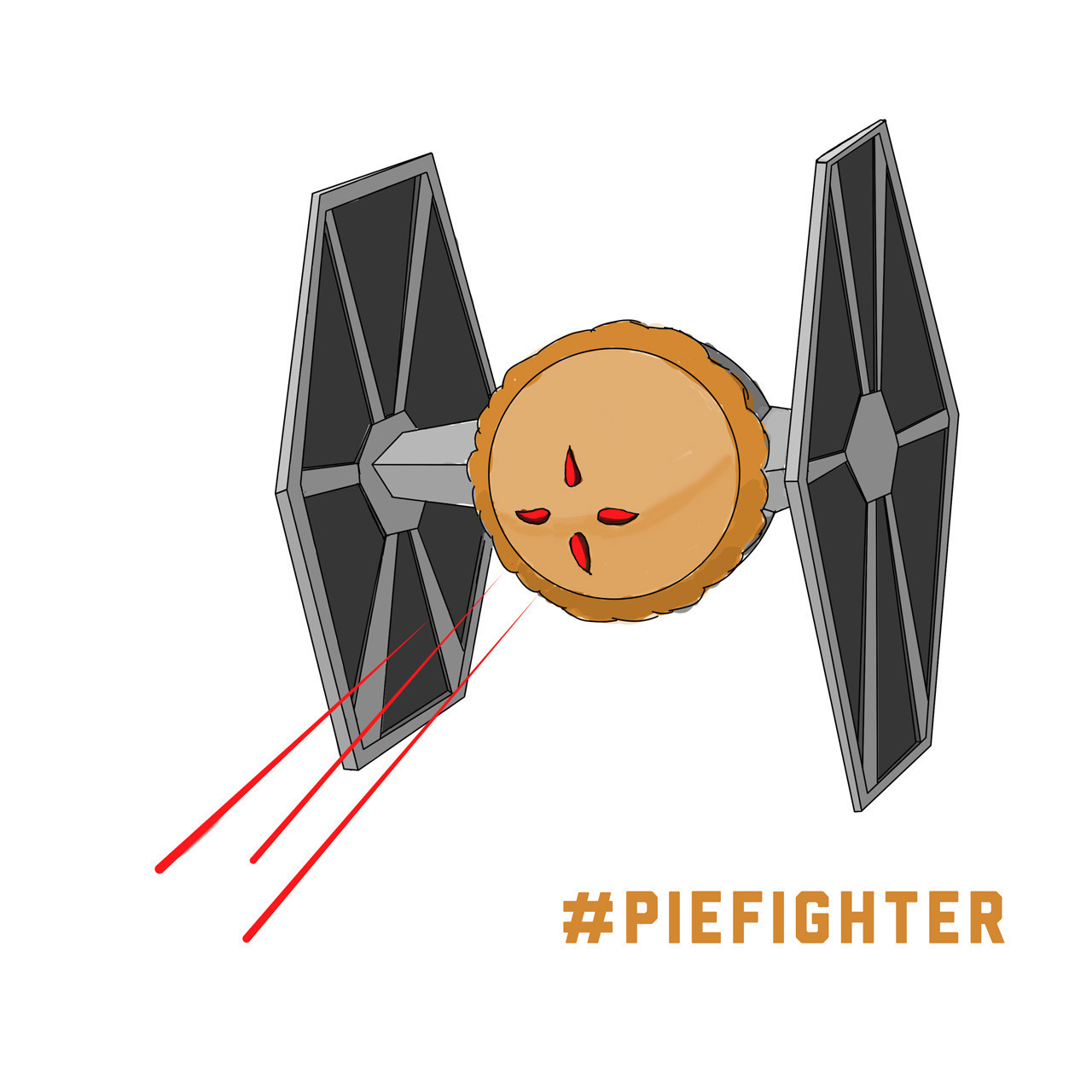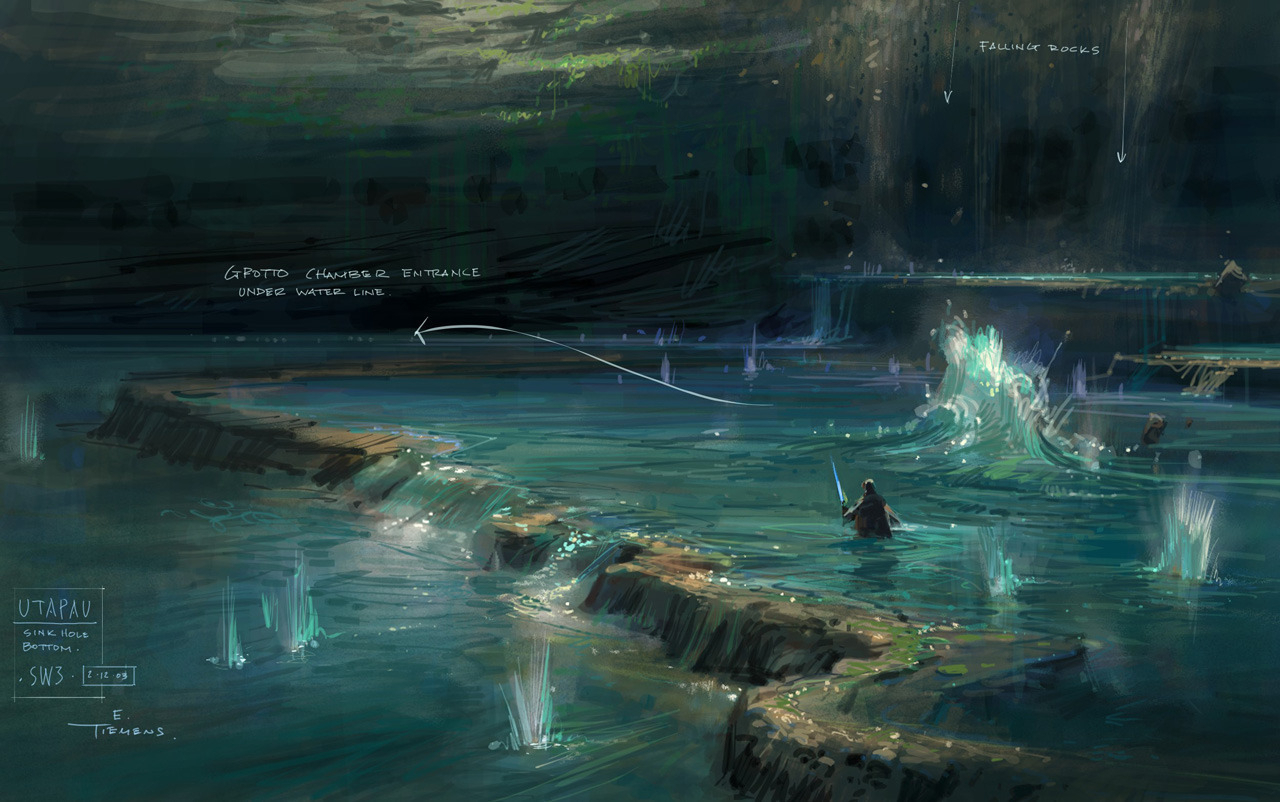Uncategorized
World Water Day 2014 on Instagram
For more photos and videos from World Water Day around the world, browse the #waterday and #worldwaterday hashtags.
Around the world, 1.2 billion people—nearly a fifth of the planet—lack access to clean water. To call attention to the plight, the United Nations designated March 22 as World Water Day. Here are just a few of the many people and organizations on Instagram working to raise awareness about water issues around the globe:
- water.org (@water) - Working with hundreds of communities in Africa, South Asia and Central America to provide access to safe water and sanitation. Collaborating with Benjamin Heath (@benjaminheath), Steph Goralnick (@sgoralnick) and Simone Bramante (@brahmino) to share scenes from Kenya on Instagram.
- Balazs Gardi (@balazsgardi) - Photojournalist who has spent the past decade documenting the effects of the unfolding global water crisis.
- charity: water (@charitywater) - A non-profit organization on a mission to bring clean and safe drinking water to every person on the planet. Currently working with Vik Muniz (@vikmuniz) and Students Rebuild (@studentsrebuild) to bring clean water to over 16,000 people in Tanzania.
- Corey Arnold (@arni_coraldo) - Photographer and fisherman documenting glaciers for Project Pressure (@projectpressure) to create the world’s first interactive glacier archive in order to better understand climate change.
- Hurley H2O (@hurley_h2o) - Hurley’s water initiative striving alongside Waves for Water (@wavesforwater) to provide clean water for everyone.
- WaterAid (@wateraid) - Bringing water, sanitation and hygiene education to where it is needed most for over 30 years.
- Monterey Bay Aquarium (@montereybayaquarium) - California aquarium with a mission to inspire conservation of the oceans.


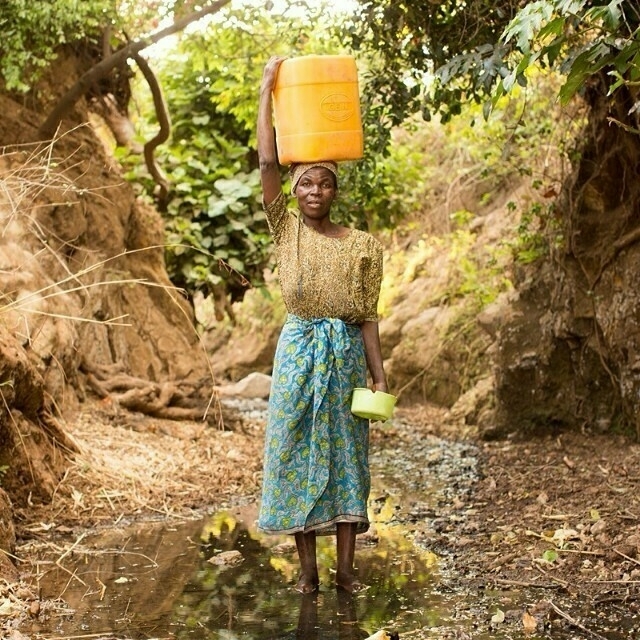
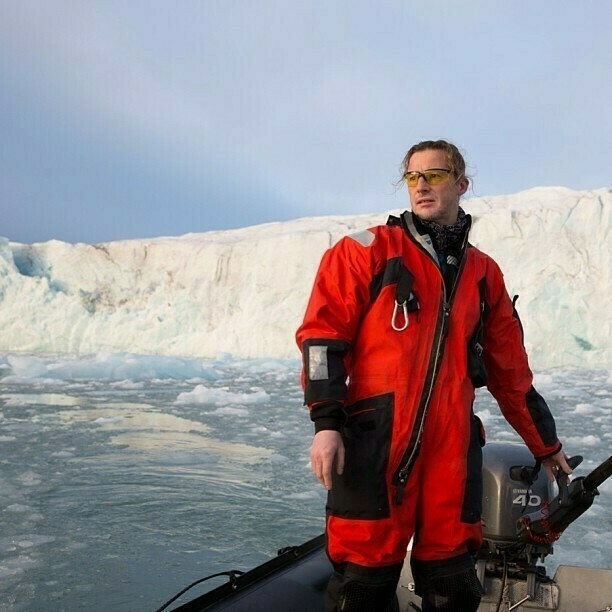
Ten questions to ask a friend who just read your novel
Ten questions to ask a friend who just read your novel
Found this article. Found it incredibly helpful. Be sure to go read the full story, but these are the ten questions the author (Lydia Netzer) covers in it:
1. At what point did you feel like “Ah, now the story has really begun!”
2. What were the points where you found yourself skimming?
3. Which setting in the book was clearest to you as you were reading it? Which do you remember the best?
4. Which character would you most like to meet and get to know?
5. What was the most suspenseful moment in the book?
6. If you had to pick one character to get rid of, who would you axe?
7. Was there a situation in the novel that reminded you of something in your own life?
8. Where did you stop reading, the first time you cracked open the manuscript? (Can show you where your first dull part is, and help you fix your pacing.)
9. What was the last book you read, before this? And what did you think of it? (This can put their comments in context in surprising ways, when you find out what their general interests are. It might surprise you.)
10. Finish this sentence: “I kept reading because…”Some of this could be easily adapted into roleplay critiques, though it’s primary use is, of course, novel writing.
[gallery]
Just as I stepped out of my car to park a train came roaring by at full speed, I instinctually raised my camera to my face and snapped one shot just as it passed. Turns out the conductor was saying hello.

Jim Urquhart has been documenting a team of scientists who are using the Utah desert as a dry run for future missions to Mars
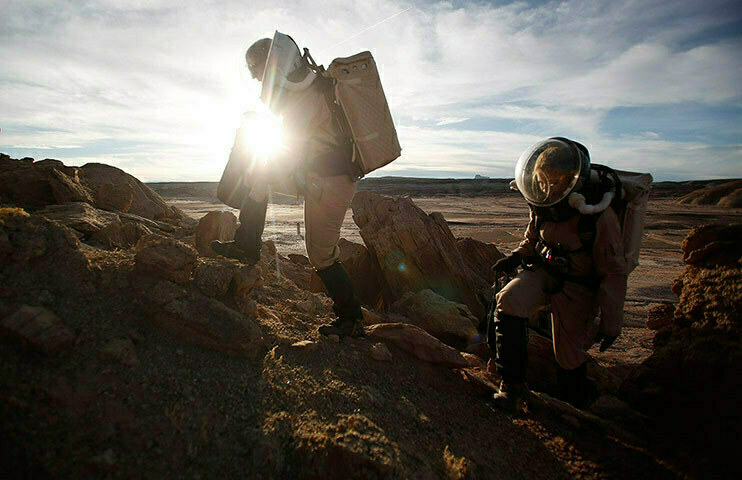
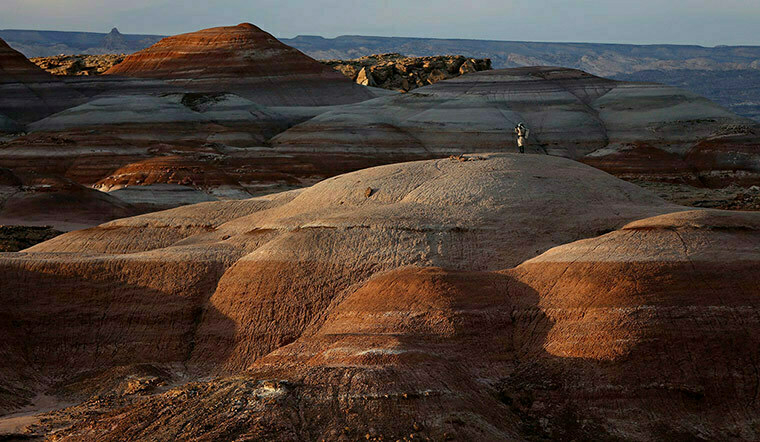
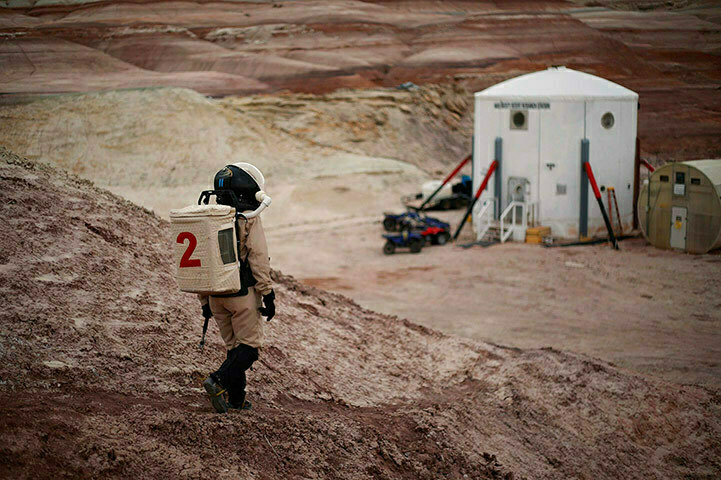
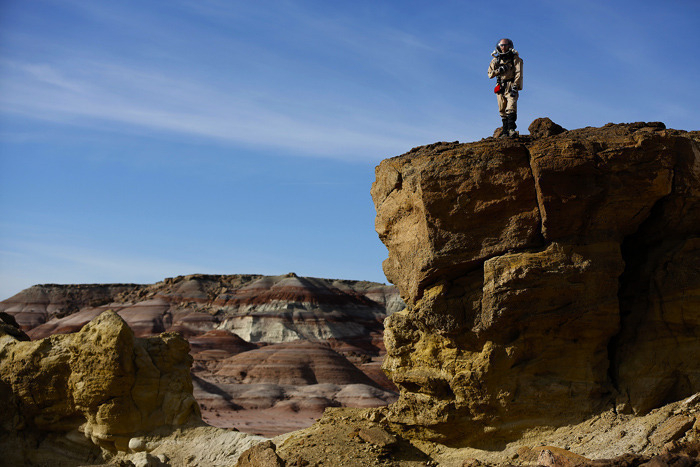
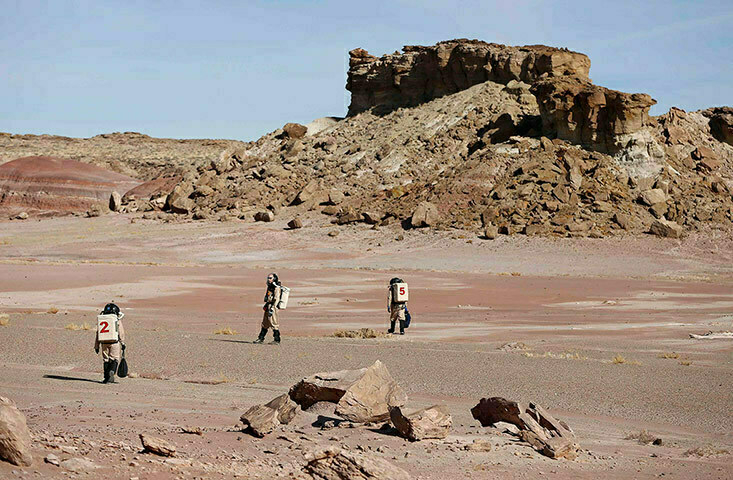
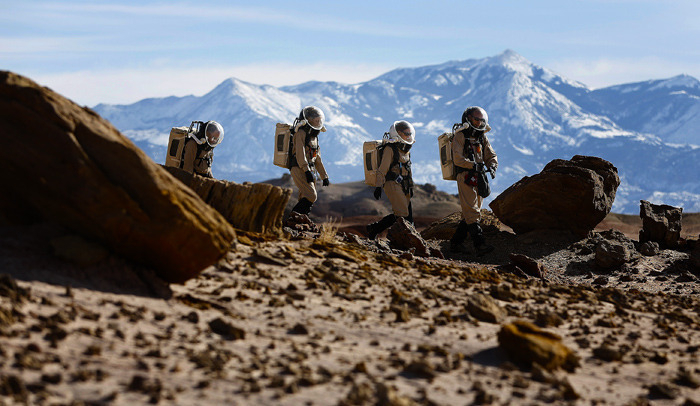
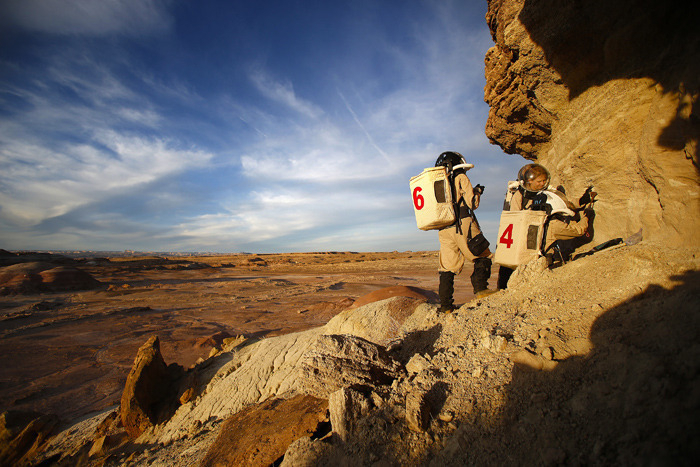
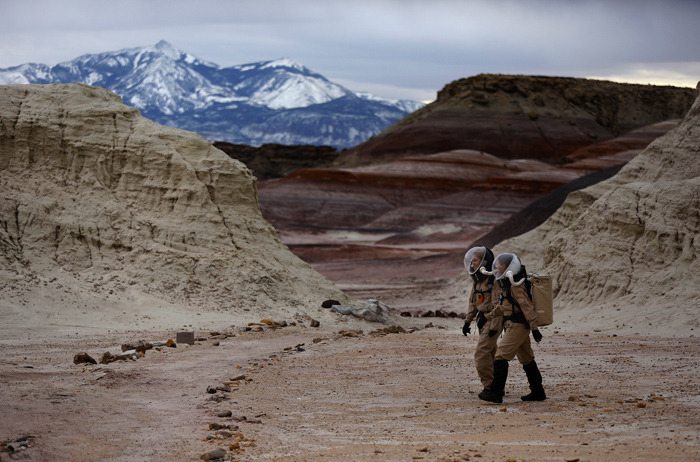
A partially frozen Niagara Falls is photographed by Mark Blinch during sub-zero temperatures in Ontario.
Photo: Mark Blinch/Reuters.
Found at The Guardian.
Eerie, yet beautiful.
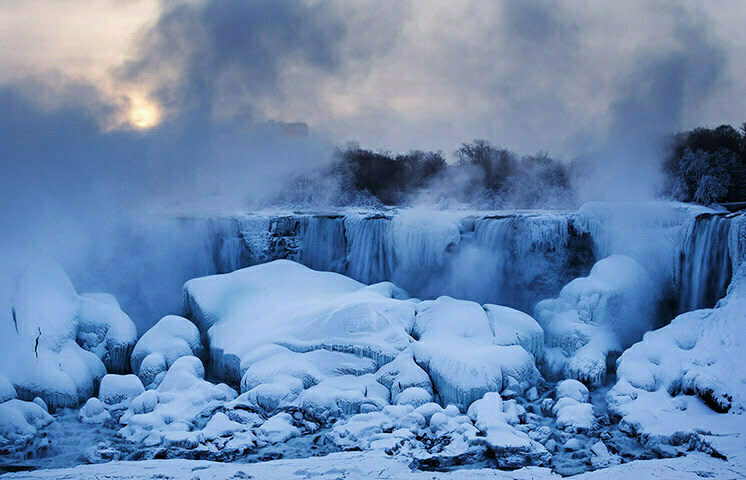
How do you know if your idea for a book is a bad idea or not before you start writing? I don't want to get 20,000 words in and realize there's a major loophole in my plot or it's just overall a terrible book.
- Constantly work on the plot. While writing, you’re going to come across ideas and realizations that will make it better. Don’t let those go by for the sake of finishing; if you have to go back and edit them in, do it. It’ll help you out immensely.
- Get feedback. You don’t have to show anybody your rough drafts, but it will help a lot to find that group of friends to ask about plot ideas or just brainstorm with. Sometimes it can be tricky to find the right group - not all of your friends will really know what kind of things you like to right - but it can help a lot.
- Take breaks. When you feel like shit about your story, don’t force it. Take some downtime. Do some other things to help you relax. The ideas will come and help you fix it.
- Ask questions. To avoid plotholes, ask questions (how did this happen? Is that explained in the book?) To avoid terribleness, ask yourself questions about what in your book excites you. Focus on that! If you really like it, chances are other people will too.
[gallery]
Photographs by Barry Bland/Barcroft USA
COME LIVE AT MY HOUSE KIDS
Wolf AND tiger cubs frollicking together? Guys, I can’t even…
